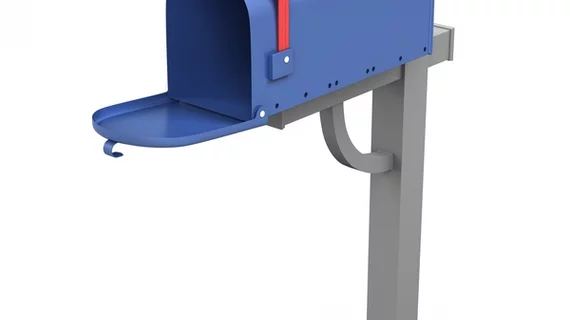Snail mail could help boost colorectal cancer screening rates
Colorectal cancer is among the most treatable and preventable diseases, provided it is discovered early on—but screening rates continue to lag, especially among high-risk populations. A team found mailing full screening kits to individuals may improve rates when compared to the usual practice of mailing simple reminders.
"There has been a national push to increase colorectal cancer screening rates since colorectal cancer is a preventable disease, but screening rates are only about 63 percent, and low-income, and otherwise vulnerable populations, tend to be screened at even lower rates," said the study's first author UNC Lineberger's Alison Brenner, PhD, MPH, research assistant professor in the UNC School of Medicine Department of Internal Medicine.
The study was published online July 13 in Cancer.
Researchers targeted 2,100 people who had Medicaid but were not up-to-date with screening. They mailed one group a screening reminder with instructions to arrange for a meeting. A second group got a reminder and a fecal immunochemical test to detect blood in stool.
Those who received the kits responded at 9 percent higher rate than the control group. Of the people who received FIT kits, 21 percent responded. Just 12 percent of the reminder-only group responded. Fifteen people in the FIT group had abnormal results from the test. One person who completed a colonoscopy had an abnormal result.
"Preventive care amongst vulnerable populations rarely rises to the top of the mental queue of things that need to get done," Brenner said. "In North Carolina, many Medicaid recipients are on disability. Making something like colorectal cancer screening as simple and seamless as possible is really important. If it's right in front of someone, it's more likely to get done, even if there are simple barriers in place.

